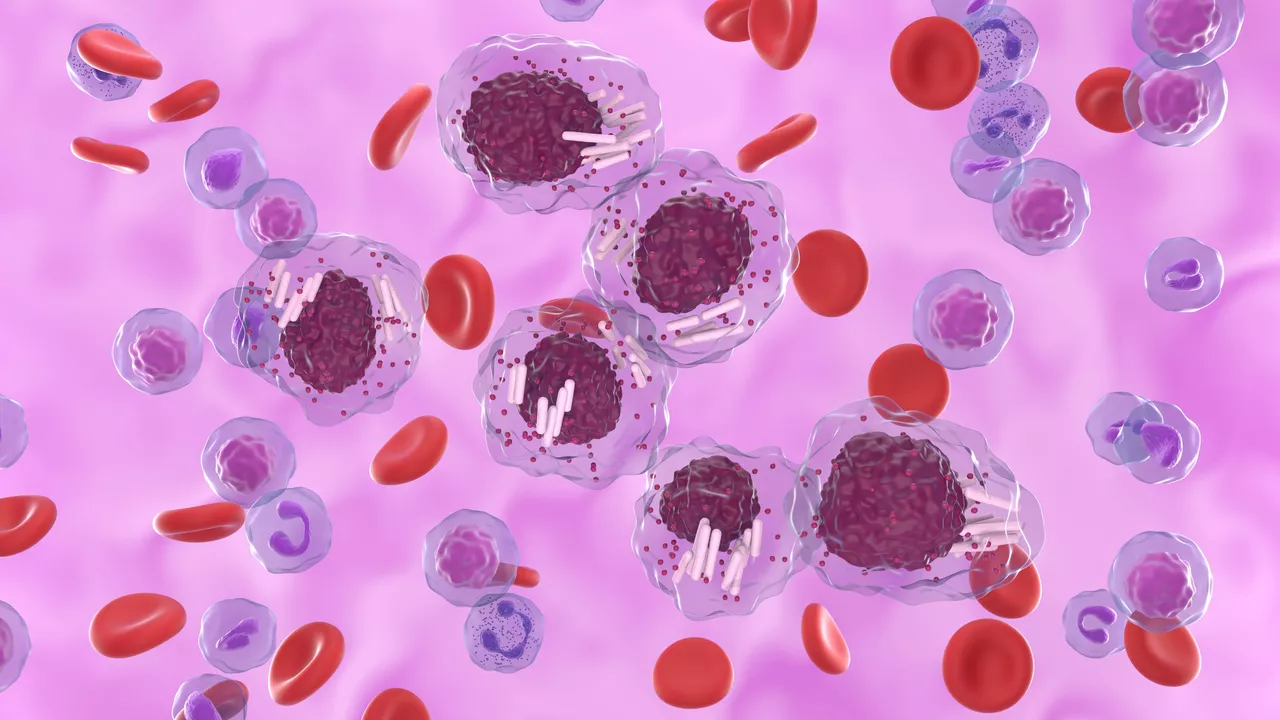Cancer Co-Occurrence: What It Means and Why It Matters
You might’ve heard the term "cancer co-occurrence" but wondered what it really means. Simply put, it’s when a person is diagnosed with two or more types of cancer either at the same time or within a short period. This situation isn’t super common but it’s important to understand because it affects treatment decisions and overall care.
Why does cancer co-occurrence happen? Sometimes, it's about shared risk factors like smoking, genetics, or exposure to certain chemicals that increase the chances of developing different cancers. For example, someone who’s smoked heavily might develop lung cancer and also have a higher risk of bladder cancer. In other cases, treatment for one cancer, like radiation or chemotherapy, might increase the risk of a second cancer down the line.
How Cancer Co-Occurrence Changes the Game
When a patient has more than one cancer, doctors have to think differently. Treatments that work well for a single cancer might clash or cause harm if another cancer is present. It also means monitoring symptoms closely because problems might come from any of the cancers, which can be tricky.
Managing more than one cancer often requires a team approach. Different specialists work together to create a plan that addresses all the cancers without overwhelming the patient with side effects. This might mean combining treatments carefully or focusing on the most aggressive cancer first.
What You Can Do If Cancer Co-Occurrence Is a Concern
If you or someone you know faces multiple cancers, staying informed is key. Ask your medical team about how they plan to tackle all the issues without compromising safety. Also, consider genetic counseling if cancer runs in your family, since some hereditary factors can increase risks of multiple cancers.
Remember, every case is different. Advances in medicine are making it easier for doctors to handle complex cases like cancer co-occurrence effectively. The main thing is to keep communication open and be proactive about the treatment and follow-up care.
Cancer co-occurrence might sound scary, but understanding what it means helps you or your loved ones face the challenge with better knowledge and confidence. If you want to learn more or have specific questions, health professionals are the best resource to guide you through.
